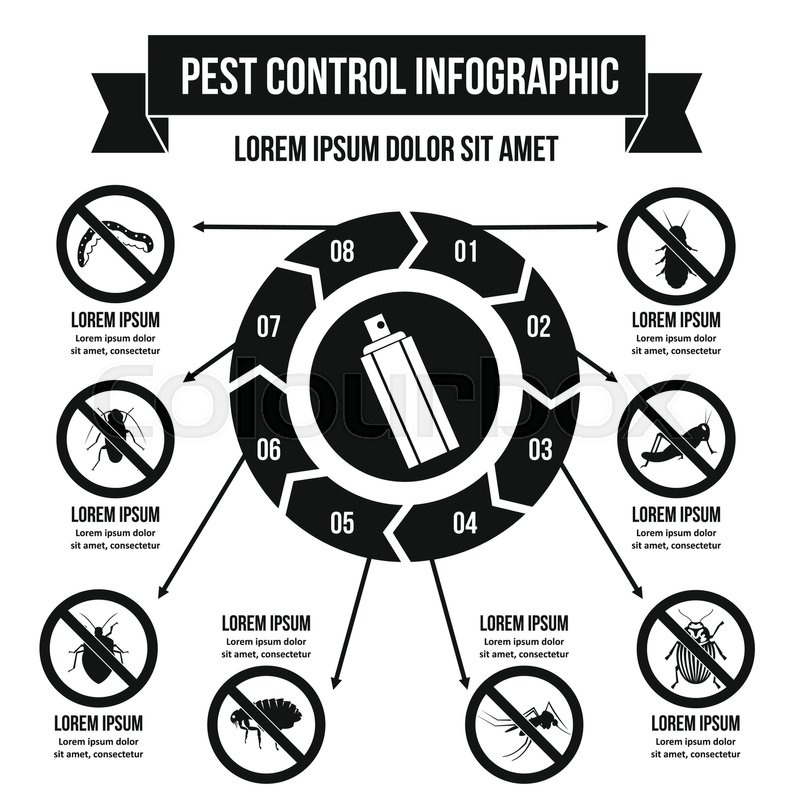Shielding Your Garden From Pests: Methods For A Pest-Free Outdoor Area
Shielding Your Garden From Pests: Methods For A Pest-Free Outdoor Area
Blog Article
Short Article Composed By-Thorpe Pittman
Imagine your garden as a sanctuary, a location of serenity and beauty. Nevertheless, the existence of exterior parasites can swiftly disrupt this ideal photo. What happens if there were straightforward yet efficient ways to keep these unwanted visitors at bay and shield your garden oasis? By complying with a couple of functional pointers and executing natural approaches, you can develop an unified exterior area where your plants can thrive undisturbed.
Natural Insect Deterrents
To maintain pests away from your yard naturally, plant aromatic natural herbs like mint and lavender. These fragrant plants not just add appeal to your yard yet additionally act as effective bug deterrents. Pests like insects, flies, and also some garden-damaging insects are warded off by the strong scents discharged by these herbs. Simply positioning them tactically around your garden can aid create an all-natural obstacle against unwanted insects.
Along with mint and lavender, think about growing various other natural herbs like rosemary, basil, and lemongrass to additionally improve your garden's pest-proofing capabilities. These natural herbs not only serve as natural repellents yet also have the added advantage of serving in food preparation or crafting self-made solutions.
Strategic Plant Positioning
Think about the design of your garden and the kinds of plants you have to tactically position them for maximum pest-proofing effectiveness.
Beginning by organizing plants with comparable resistance to parasites with each other. By doing organic flea treatment , you can develop an all-natural barrier that discourages bugs from spreading throughout your yard.
Additionally, placing pest-repelling plants like marigolds, lavender, or mint near more prone plants can assist protect them. Tall plants, such as sunflowers or corn, can serve as a shield for much shorter plants against pests like bunnies or ground-dwelling pests.
Keep in mind to leave adequate area in between plants to boost air blood circulation and minimize the risk of illness that pests may bring.
Additionally, think about growing strong-smelling herbs like rosemary or basil near vulnerable plants to confuse pests' senses and make it harder for them to situate their targets.
Reliable Bug Control Techniques
For combating yard pests properly, applying a multi-faceted bug control technique is vital. Start by motivating all-natural predators like birds, ladybugs, and hoping mantises to help maintain bug populations in check. Introducing plants that draw in these helpful insects can help in bug control. Furthermore, practicing good yard hygiene by getting rid of particles and weeds where parasites could hide can make your garden much less welcoming to undesirable site visitors.
Consider using physical obstacles such as row cover materials or netting to secure vulnerable plants from bugs like caterpillars and birds. Applying flea service like neem oil or insecticidal soap can also be effective against certain parasites while being much less damaging to helpful insects and the setting. It's essential to revolve your plants each season to avoid the buildup of insect populations that target specific plants.
Consistently evaluate your plants for indicators of pest damages so you can do something about it promptly. By incorporating these techniques and remaining alert, you can successfully control garden parasites and enjoy a growing, pest-free yard.
Conclusion
So, there you have it - with the right strategies, you can keep pesky outdoor pests away from your yard and assist your plants grow.
Did you understand that planting mint has been shown to ward off mosquitoes and other bugs, reducing the requirement for damaging chemicals by approximately 60%?
By integrating all-natural deterrents and clever growing methods, you can develop a beautiful and pest-resistant yard sanctuary for you to take pleasure in.
